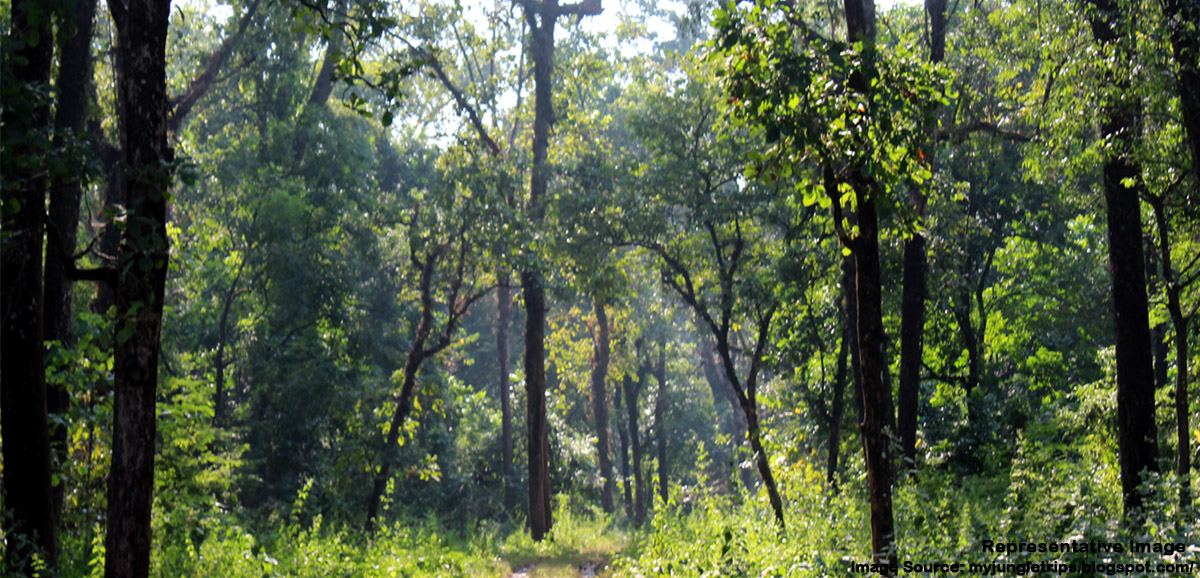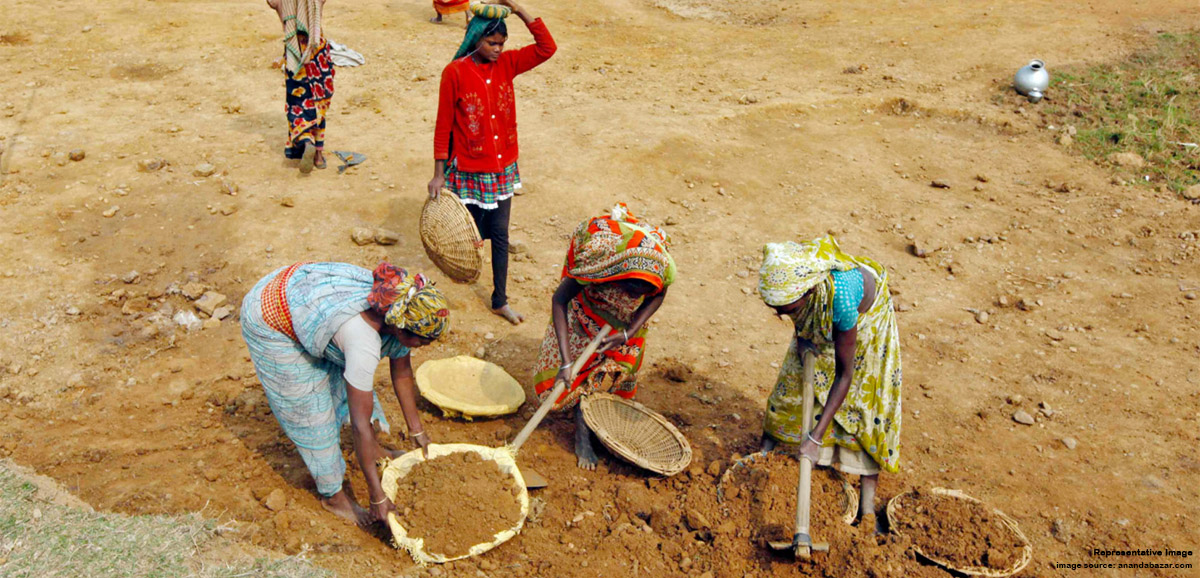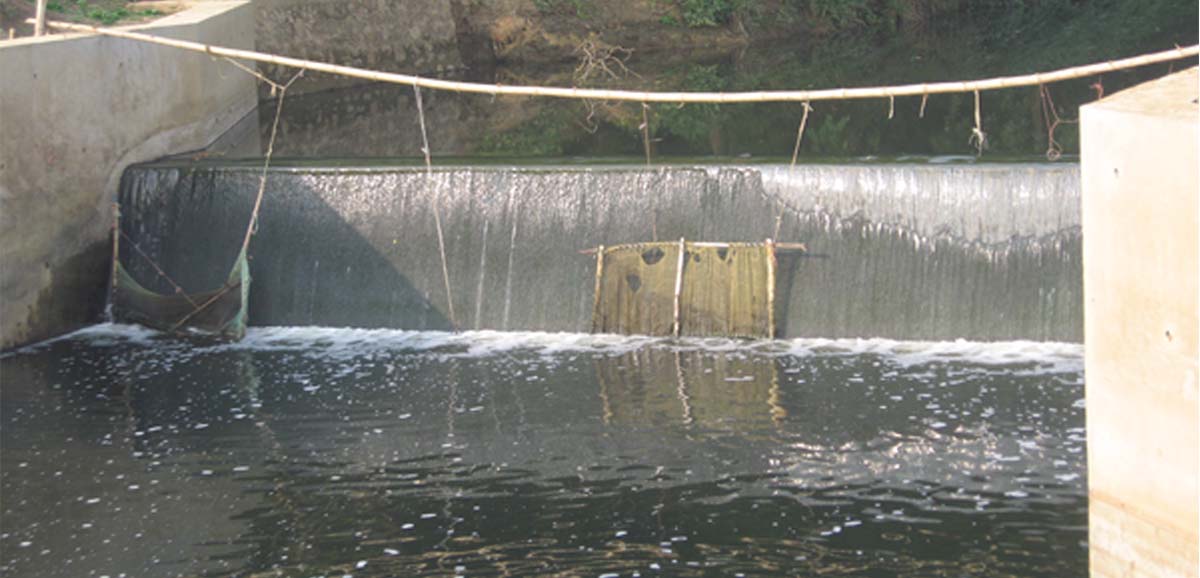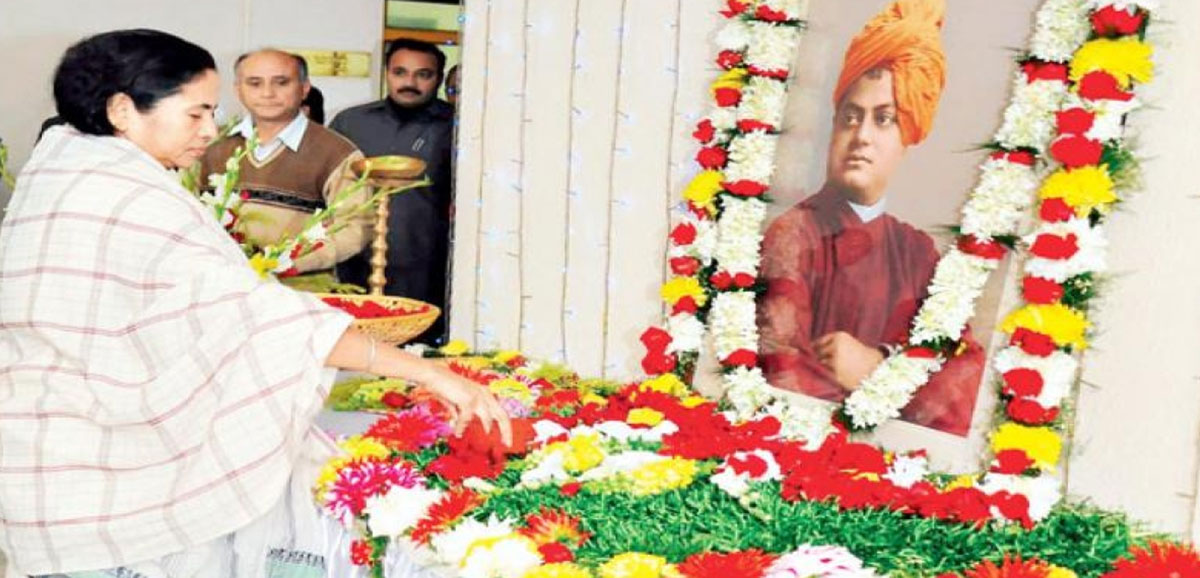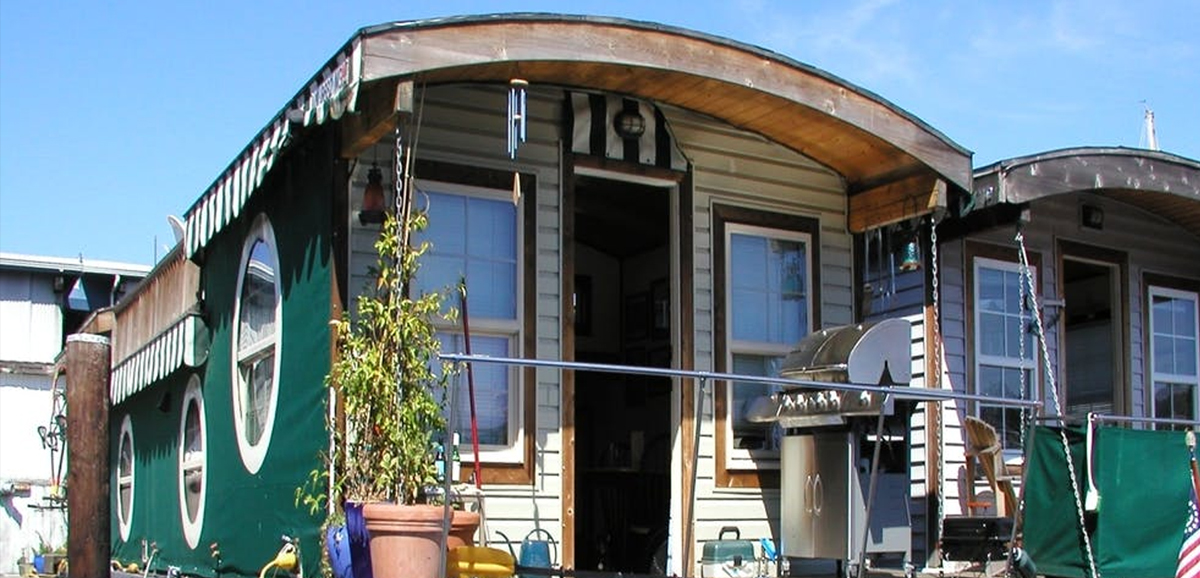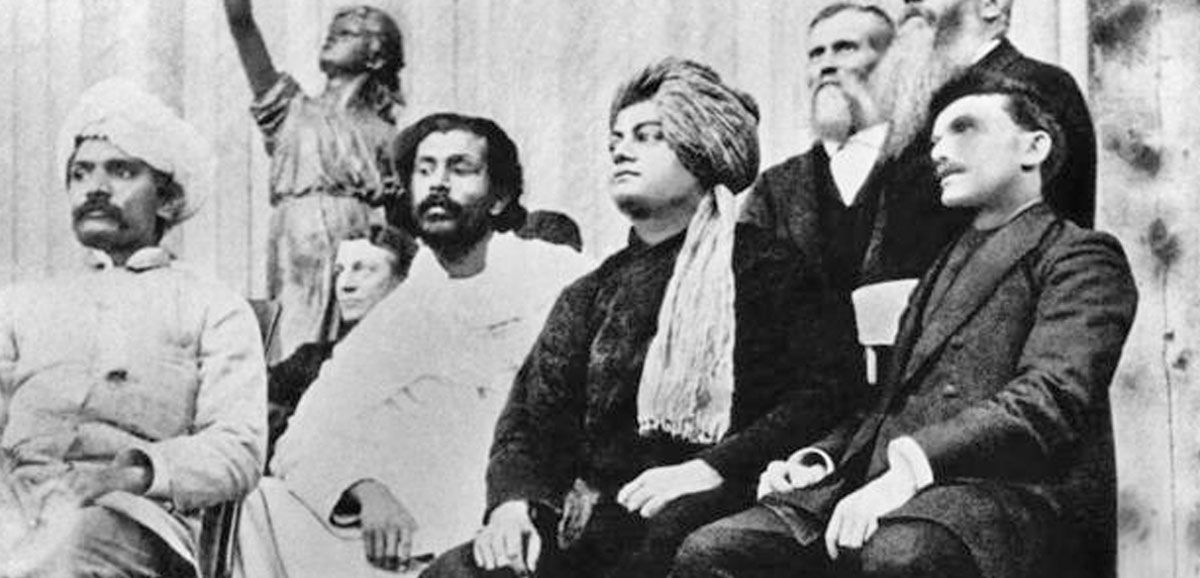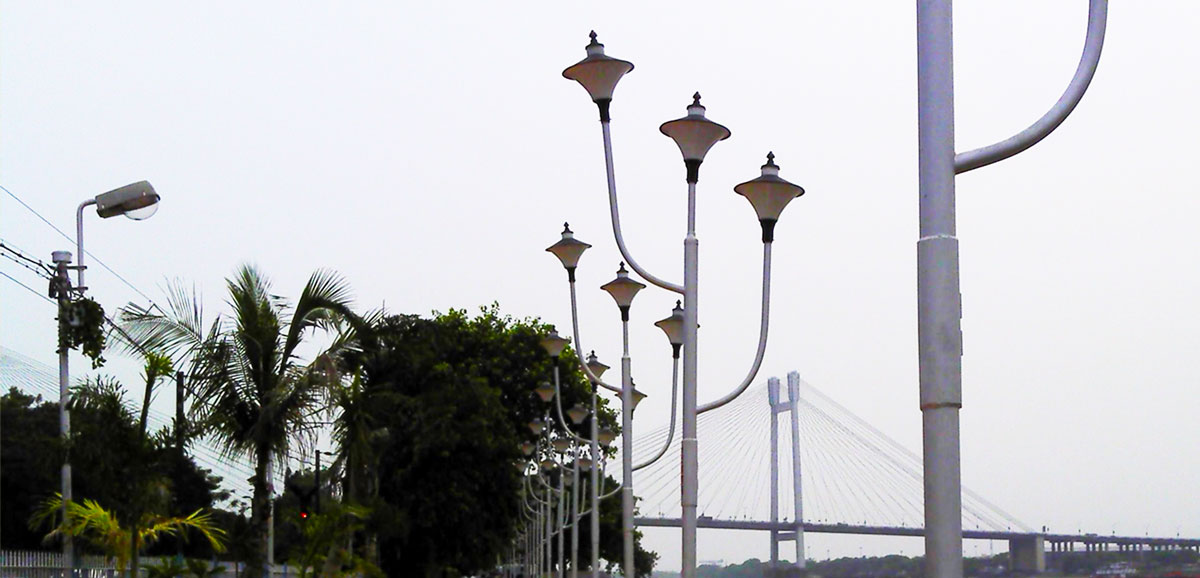The great follower of the philosophy of Swami Vivekananda that Chief Minister Mamata Banerjee is, she has named various schemes and places after this great son of Bangla. She has also ensured the renovation of buildings that have a historic connection to the great sage.
Here is a list of works of the Bangla Government done to preserve the legacy of Swami Vivekananda:
* Making Swami Vivekananda’s famous Chicago address part of the syllabus for schools under the Madhyamik Board
* Giving autonomy and special status to educational institutions run by Ramakrishna Sarada Mission
* Allotting 5 acres and allocating Rs 10 crore for the Centre for Human Excellence and Social Sciences being built by the Ramakrishna Mission in New Town, as a replica of the Art Institute of Chicago, where Vivekananda delivered his famous speeches in 1893; it has been named ‘Vivek Tirtha’ by Mamata Banerjee
* Acquiring and handing over of the premises adjoining Vivekananda’s ancestral house to Ramakrishna Mission
* Renovating ‘Mayer Bari’ in Baghbazar, Kolkata, where Maa Sarada, the wife of Sri Ramakrishna lived, at a cost of Rs 30 crore
* Acquiring Sister Nivedita’s house in Baghbazar and handing it over to Ramakrishna Sarada Mission, and giving it heritage status
* Allocating Rs 2 crore for the renovation of Roy Villa in Darjeeling, associated with Sister Nivedita, and handing it over to Ramakrishna Mission
* Building a skywalk connecting Dakshineswar railway station to the famous temple there; it was named Dakshineswar Rani Rashmoni Skywalk by Mamata Banerjee
* Renaming Yuba Bharati Krirangan after Swami Vivekananda, as Vivekananda Yuba Bharati Krirangan
* Naming the self-employment scheme run by the Self-Help and Self-Employment Department as Swami Vivekananda Swanirbhar Karmasansthan Prakalpa
* Naming the scholarship for students from economically disadvantaged families as Swami Vivekananda Merit-cum-Means Scholarship
* Organising Vivek Chetana Utsav from January 10 to 12 every year to commemorate the birth anniversary of Swami Vivekananda across the State (January 12 is celebrated as National Youth Day, being the birthday of Swami Vivekananda)
* State Assembly passing Bills for the setting up of two private universities – Sister Nivedita University (Bill passed in 2017) and Swami Vivekananda University (Bill passed in 2019)

